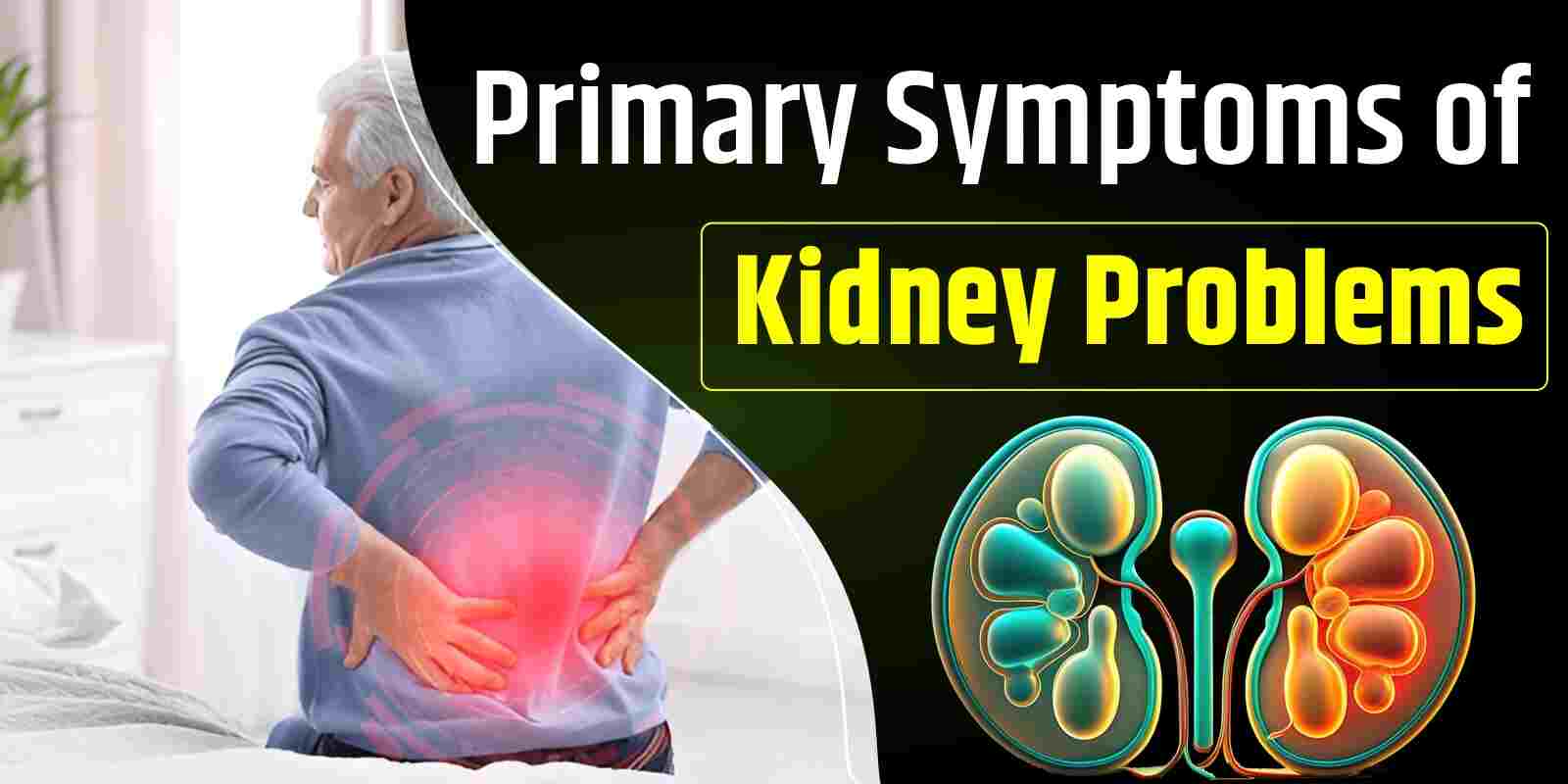
Kidney issues can be complex; the symptoms often emerge gradually, and they may be confused with other health concerns. However, kidneys are vital for waste filtration, fluid balance, and maintaining other crucial functions. This makes it essential to identify warning signs promptly. Although there are various symptoms of kidney problems to monitor, recognizing them early can significantly impact outcomes. This article will talk more about the primary symptoms of kidney problems in detail.
Catchng the symptoms early is one thing; nabbing the bud of the disease is another. You need to visit a hospital and get yourself treated for your specific kidney issues to avoid further health complications. Karma Ayurveda for kidney problems treatment is one such hospital that offers genuine, natural treatment for kidney issues. Getting expert advice is the difference between a quick recovery and a long haul.
If you’re experiencing any of these symptoms, it doesn’t necessarily mean you have kidney disease; however, it’s important to get checked out. Early detection is key to managing kidney issues and preventing further damage. Go for specialized treatments like the ones provided by Karma Ayurveda Hospital. Your doctor can run tests (such as blood tests and urinalysis) to evaluate how well your kidneys are functioning. Although the earlier kidney problems are caught, the easier it is to manage them with lifestyle changes, medications, and sometimes treatments (like dialysis). So, if you notice any of these symptoms, don’t ignore them; take charge of your health and talk to your healthcare provider!
"Ayurveda is not just a system of medicine; it's a way of life. Connect with us to embrace a lifestyle that nurtures your body, mind, and soul."

Certificate no- AH-2023-0186
JAN 05,2023-JAN 04,2026